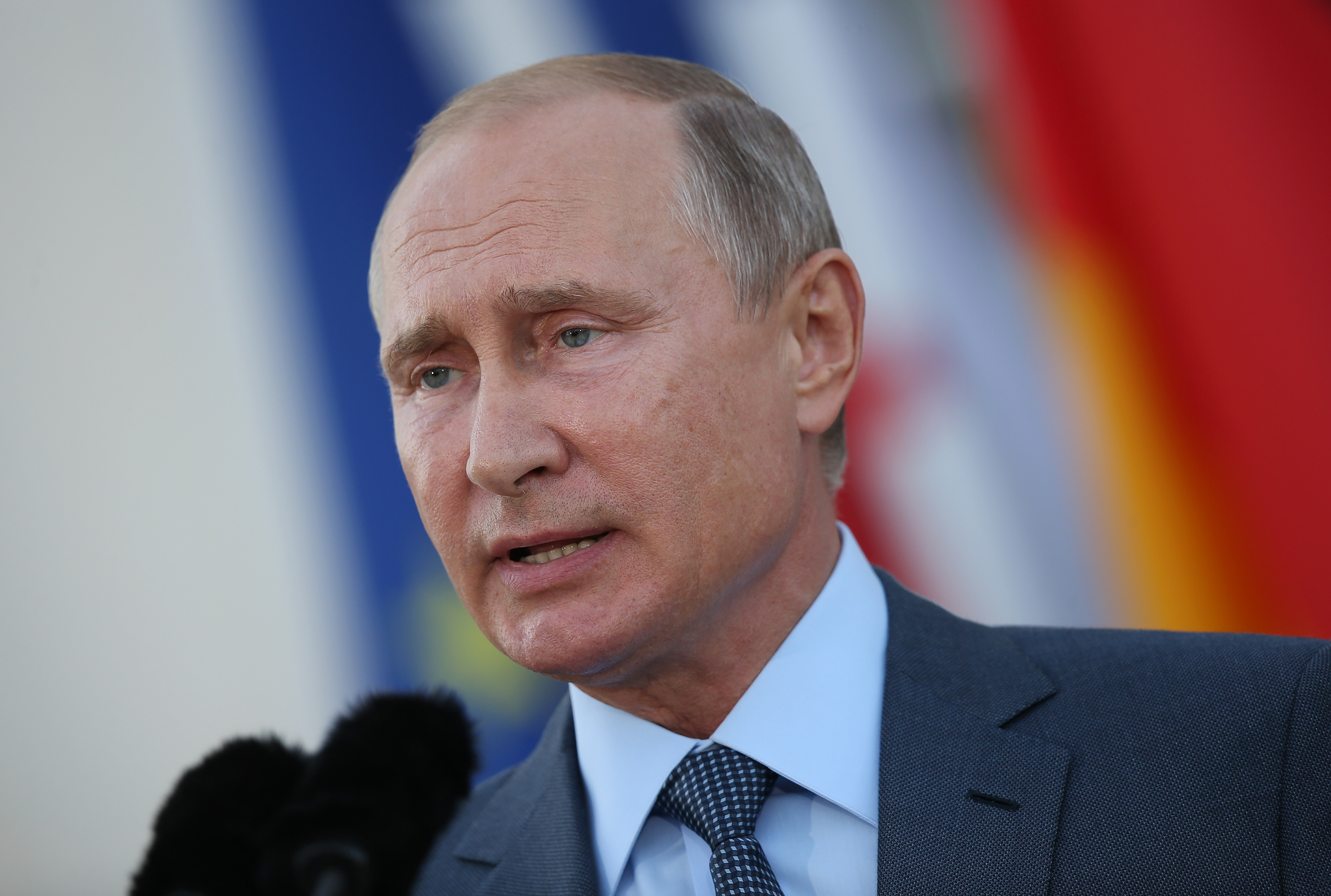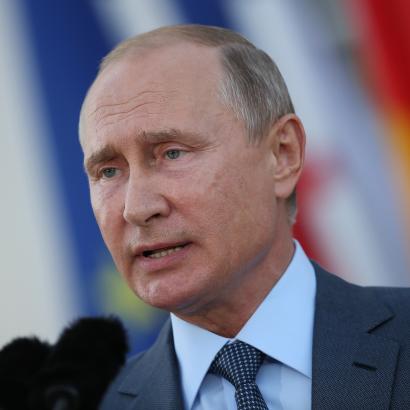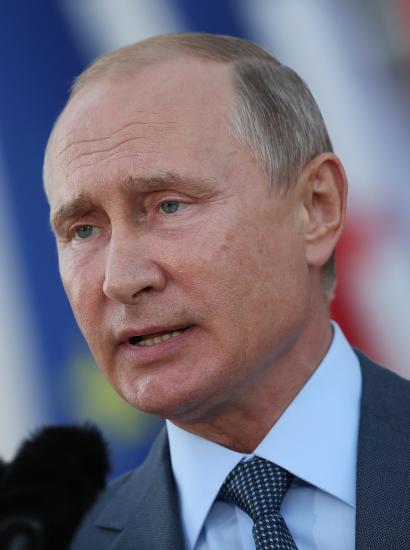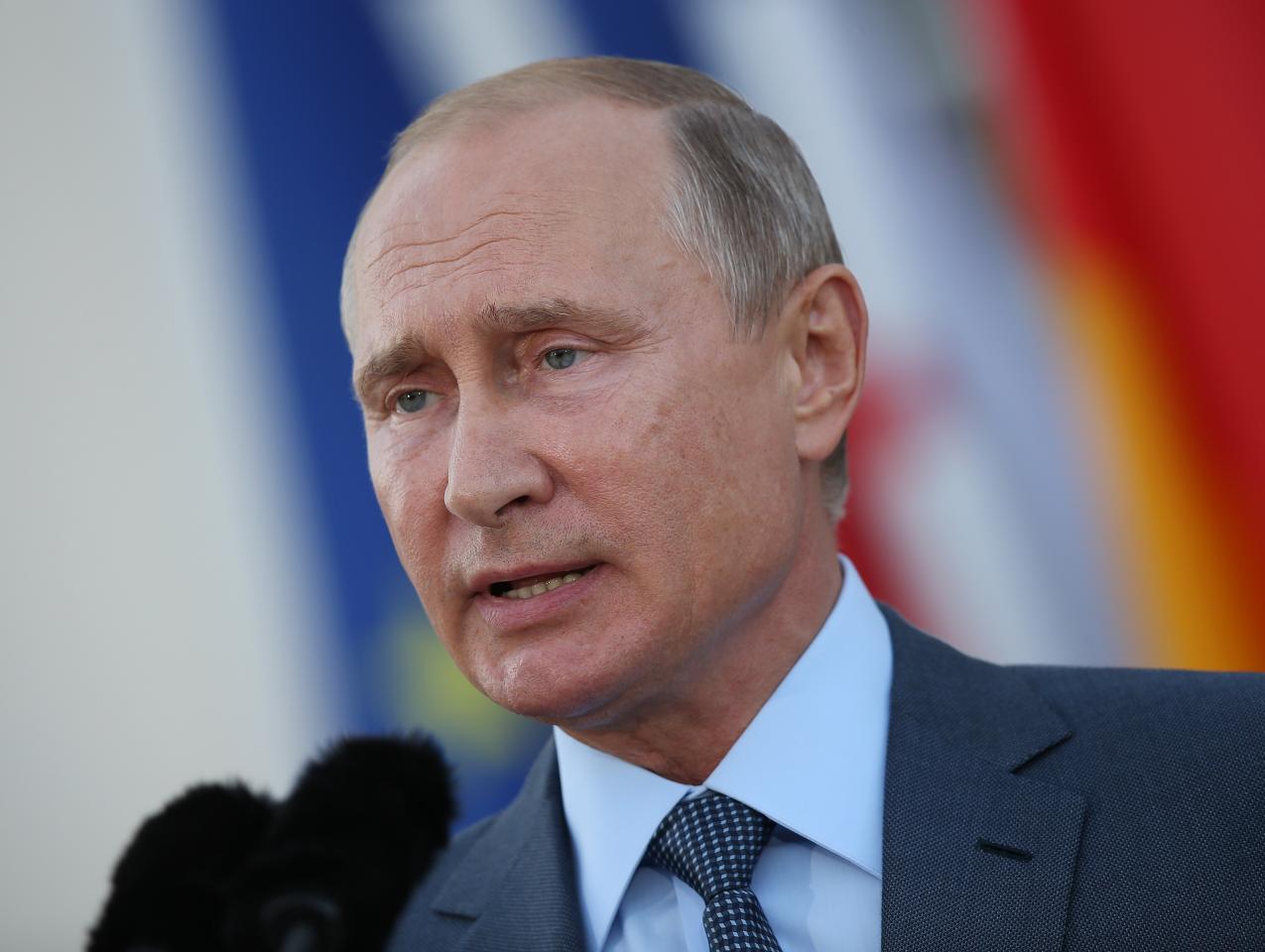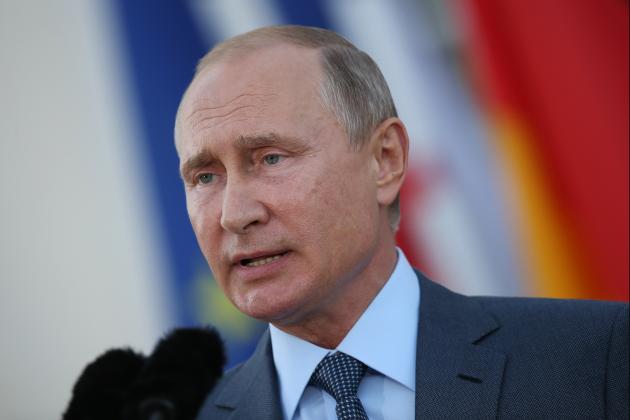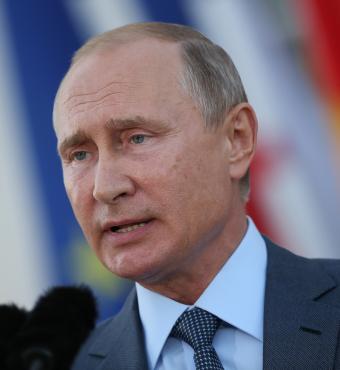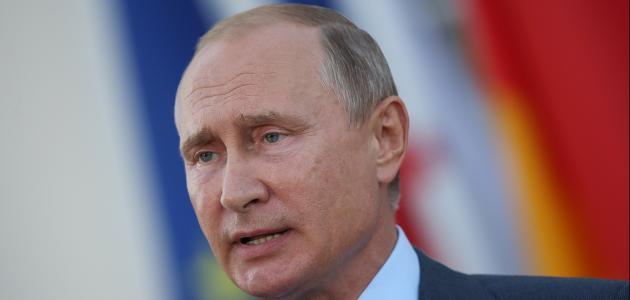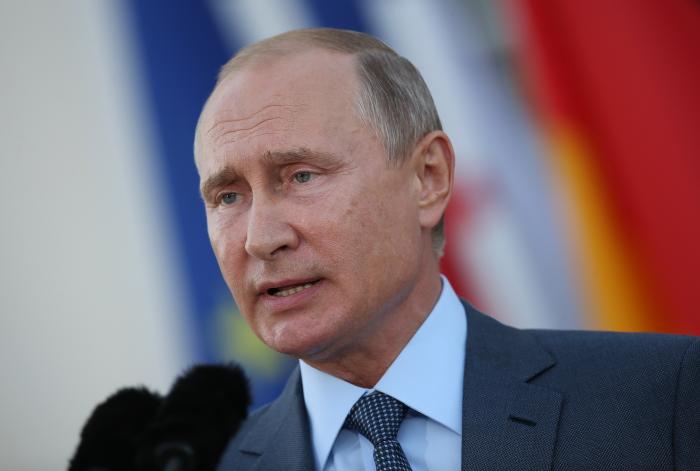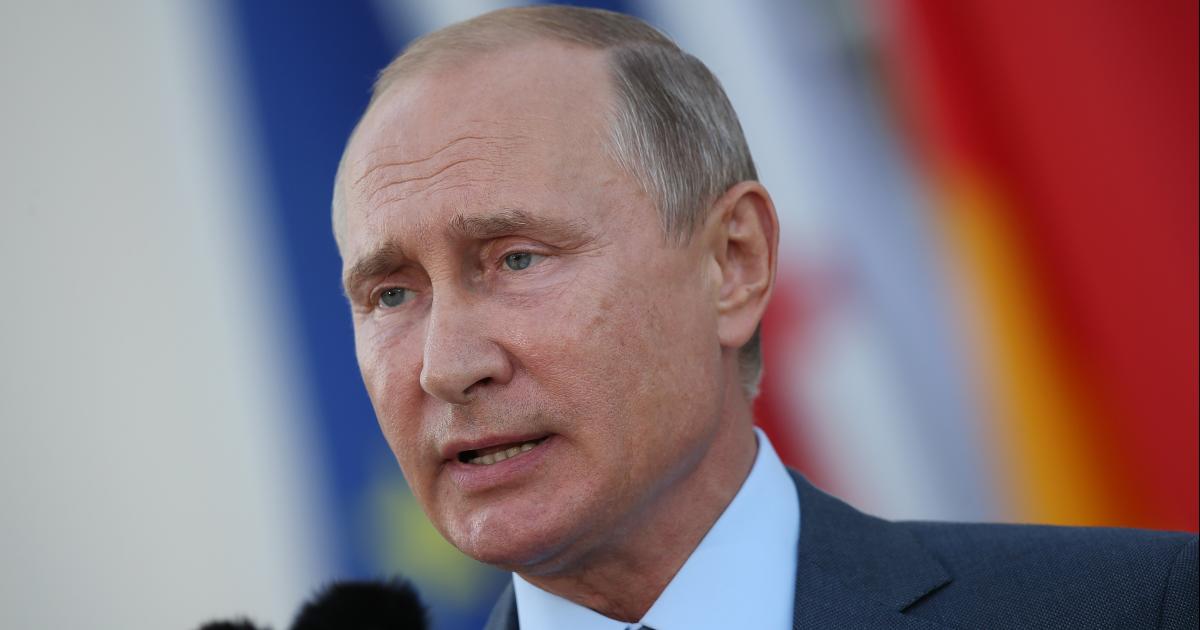- History
- Revitalizing History
Contrary to the popular view that the outbreak and continuation of the war in Ukraine symbolizes the failure of NATO, Putin’s gambit in Ukraine has proved the opposite, i.e., NATO’s primary mission of deterrence worked, no kinetic activities have happened in any NATO member states, and the fighting has been strictly limited to a small region in a non-NATO country. This has been made possible entirely because of NATO’s powerful multilateral collective defense nature.
Furthermore, one unique development of war in Ukraine is that, unlike the situation in Syria, the war in Ukraine has a successful refugees’ settlement, without mass starvation and displacement. That’s because NATO member states are emboldened by NATO’s collective security guarantee and boldly stepped in to assist the war refugees from Ukraine with tremendous efficiency.
Moreover, NATO’s success in Europe has engendered profound inspiration for the rest of the world. Thanks to the war in Ukraine, the nature of NATO as a highly effective multilateral collective security alliance has become an exemplary model for the rest of the world. Particularly keen to NATO’s positive role in the Ukraine crisis are countries far away from Ukraine—in the Indo Pacific region. Nations such as Taiwan, Japan, South Korea, Australia, New Zealand, and others that are bullied and threatened by the far more powerful China have been rushing to NATO’s orbit. For the first time in NATO history, countries in Asia actively seek a NATO-like multilateral collective defense system to mitigate the deficiency of the existing U.S.-led alliance system in Asia, which is fundamentally bilateral, not NATO-like multilateral and collective.
Bolstered by its enhanced impact and efficacy, NATO has been responsive to the world’s calling for inclusion. Secretary General Jens Stoltenberg has become a strong advocate for expanding NATO’s influence, if not quite membership yet, to the Indo-Pacific region. For the first time in its history, NATO invited the leaders of Japan, South Korea, Australia, and New Zealand to participate in its July 2022 NATO Summit in Madrid to discuss the China challenge. In its NATO 2022 Strategic Concept endorsed at the Summit, the importance of the Indo-Pacific was stressed. Meanwhile, Japan has been actively seeking to join NATO as a full member. In January 2023, Secretary General Stoltenberg visited Tokyo and issued a joint statement with Prime Minister Kishida, which announced the formation of an Individually Tailored Partnership Program (ITPP) between NATO and Japan, elevating Japan into a de facto quasi-NATO member. The Joint Japan-NATO statement is a good indication of an unstoppable trend in Asia: toward the ultimate formation of a North Atlantic Indo-Pacific Treaty Organization, NAIPTO.
The war in Ukraine has not altered the nature and membership of NATO. On the contrary, it has greatly strengthened the mission and glorified its nature as a highly effective multilateral collective defense alliance, with a growing global appeal as the only meaningful defense force for good.







